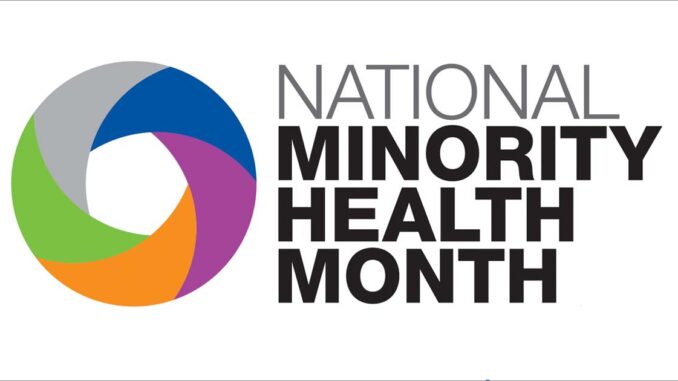
By Ashley Smith – The challenges of motherhood have only grown since the outbreak of COVID-19.
Monique Garvin, a Black mom who lives in Columbia, South Carolina, said navigating pregnancy during the pandemic was a feat. She constantly felt lonely and worried.
“It was really hard for me being isolated from family,” Garvin said. “I feel like I went through my pregnancy with limited family, and it just wasn’t the same experience I would have had if COVID had not been here. It also really increased my anxiety around going out and being in the community.”
Like Garvin, many new mothers have experienced anxiety and depression while pregnant during COVID-19. The fear of contracting COVID-19 and not knowing how the virus could affect their unborn babies adds to the mental stress a woman already experiences when carrying a child.
Pregnant women are at higher risk for becoming severely ill from COVID-19, according to the Centers for Disease Control and Prevention (CDC). The CDC recommends people who are pregnant, breastfeeding, or trying to become pregnant to get the COVID-19 vaccination and keep up with vaccine doses and boosters.
Anxiety and depression have also affected mothers of young children and adolescents. Sending children to school every day, not knowing the status of the people they encounter, can boost parental stress. Furthermore, the fear of putting vulnerable family members at risk of contracting the virus forces many mothers to keep their children away from extended family members, which may lead to further mental health issues.
Dr. Samira Brown, a primary care pediatrician and Cobb Institute doctor, said Black mothers and children are disproportionately affected by the mental health crisis caused by the pandemic in America.
“This crisis is further complicated by the fact that many Black families face inequities in social determinants of health, have faced higher rates of death from COVID and our Black children are 2.5 times more likely to be bereaved than white children,” Dr. Brown said. “Furthermore, Black women and youth are less likely to receive medical treatment for mental illness due to a multitude of factors, including prior negative experiences with mental health treatment, insurance coverage, transportation, and shortage of providers.”
Jasmine, a Black mom of four from Columbia, South Carolina, said she vaccinated her children because she wants them to spend time with extended family again.
“I wanted to do it for a while now, but at a pediatrician. I just didn’t have the time and I wasn’t sure about it,” Jasmine said. “We’re going to be around family in a few months, and you just don’t know what everyone else is doing, so I decided it’s better for us to be safe. We don’t want to get any of our older family members sick, and I don’t want my children getting sick. I feel relieved now that we did it. We’re not used to being away from everyone this long. I miss my family.”
To find a vaccine site, search vaccines.gov, text your ZIP code to 438829, or call 1-800-232-0233 to find locations near you.
For more information about the upcoming Cobb Institute’s Stay Well Activation event in Atlanta and other cities, please visit https://staywellcommunityhealthfairs.org
For resources and toolkits to help you build vaccine confidence in your community, visit the We Can Do This website.
Ashley Smith is a Public Relations Specialist at CMRignite, a strategic marketing agency in Milwaukee and a partner of the United States Department of Health and Human Services and the COBB Institute.

Be the first to comment